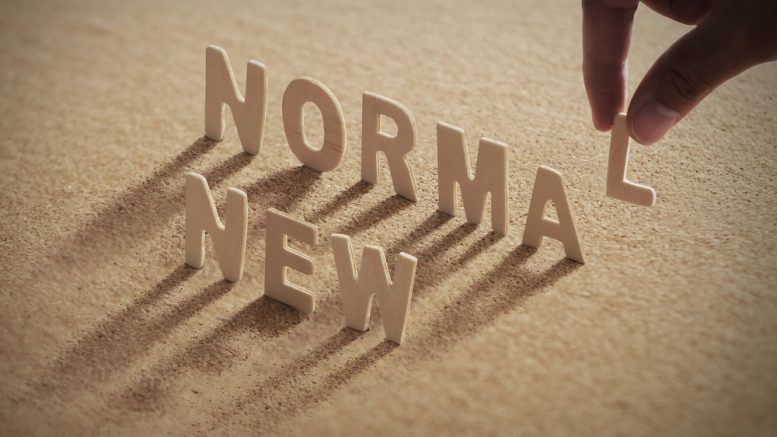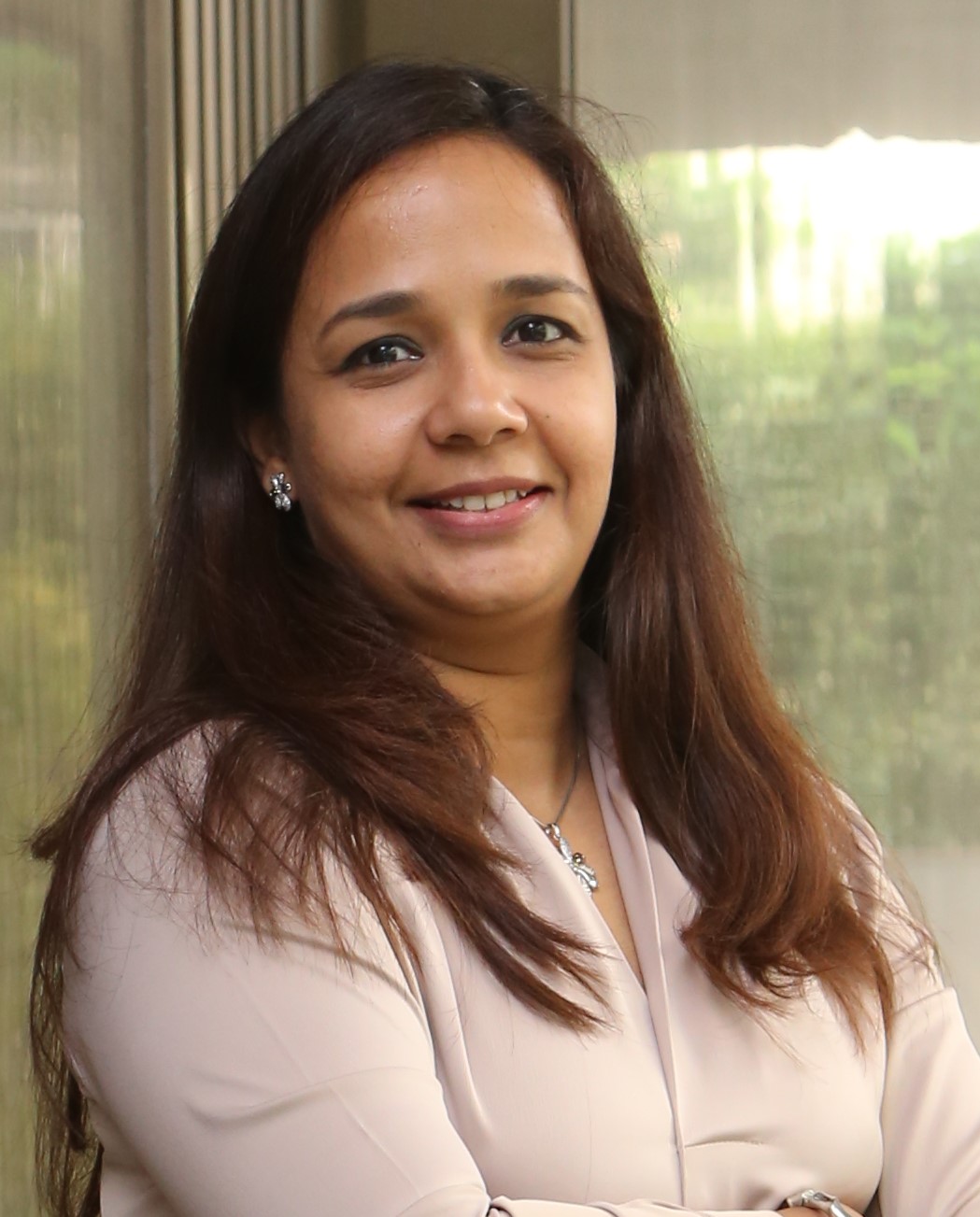Every now & then, some incident or a series of incidents make a term or phrase suddenly very popular. Communal tensions have existed in India for a very long time, but recently a series of unrelated incidents made ‘intolerance’ a household term. With coronavirus, ‘new normal’ is the new kid on the block. Primarily a boardroom phrase until now, this has recently been used very profusely in the past three months and so much been written about it that I would hardly be surprised if my house-help was to start debating about it.
However, while everyone is using it, no one is really sure of what the new normal is going to be like. The situation is unprecedented and there is little data to draw any parallel from. Is it going to be a marginal shift, materially different or a radical change in the way we live, consume products and do business?
Interestingly, the ‘normal’ was moving even before we heard of corona. The last 20 years have seen steady changes in the way we live and conduct business. A large part of our buying had shifted to online; We would wait for at least some of the new movies to premiere on Netflix or Prime, rather than going to movie halls; Online tutorials had begun and a handful companies have become unicorns already. So, I wonder if the pandemic will really define a new normal or will it merely accelerate the rate of change of the normal, something that was going to happen either ways?
Work-from-home is considered a new normal, but hadn’t the journey towards it already begun? Online schooling may not have started but was it not a natural sequel to online tutorials? What may have taken 5 or 15 years to happen, has happened today, and hence I would like to believe that the current situation is not the prime mover, rather a catalyst in moving toward the new normal.
A lot of economists are today talking about how this crisis is going to change the spending-saving equation, especially with the millennials. I don’t know, but, like most other people who are locked down, I have experienced that more than 60% of our expenditure is discretionary and not less than 20% is pure wasteful. And it is perfectly possible to derive the same or maybe marginally less pleasure without them. During the lockdown, I realised that my kids enjoy the process of making & eating homemade pizzas, which cost a fraction, of what we would spend on eating out or ordering in. Unfortunately, this is a double-edged sword because discretionary spends drive growth and if, everyone was to think along these lines, there will be a huge impact on job creation & recovery in the economy.
Let’s look around. We are in a completely different world today. Most of us are working from home and our social interactions are mostly online. But it is interesting to note that the people with whom we are enjoying our e-daaru parties are not the ones whom we were socialising with every weekend? It’s our school & college friends and relatives living far away in other countries with whom we have formed this routine. When online is the only way to meet, those who are far away seem so near and those nearby seem so far. Which makes me wonder, was our social circle just a matter of convenience (of proximity) only, while our friends-of-choice are still childhood buddies & family?
The lockdown has created many philosophers in our midst. It has given people an opportunity to introspect & contemplate and people have had varied kinds of realisations about life, satisfaction, gratitude, pleasures, money, and family. One thing I read somewhere that stuck with me said
What if we are the virus and corona is the vaccine?
Is this nature’s way of warning us or, worse, putting us humans, who are on a rampage against the order of nature, back in our place?
The views and opinions published here belong to the author and do not necessarily reflect the views and opinions of the publisher.




Anubhuti, very well put. The virus is called Novel for a reason. This is it.